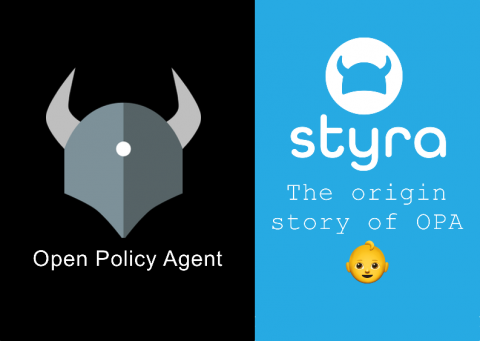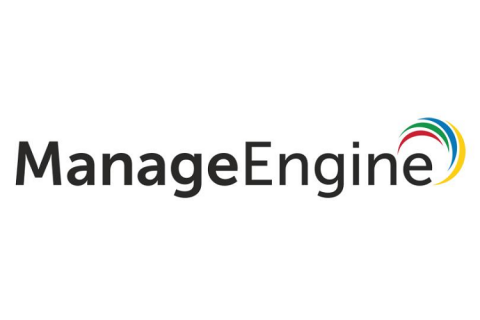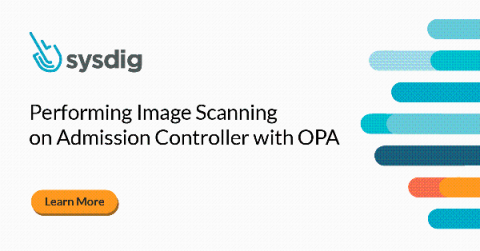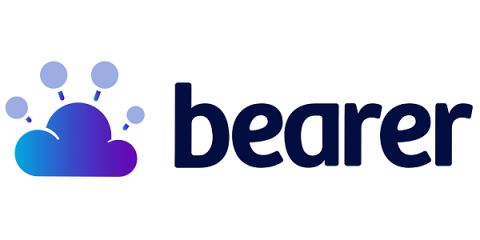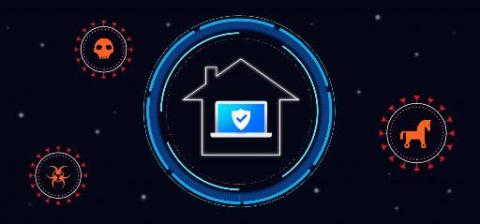The origin of Open Policy Agent and Rego
Why the cloud-native architecture required a new policy language I recently started a new series on the Open Policy Agent (OPA) blog on why Rego, OPA’s policy language, looks and behaves the way it does. The blog post dives into the core design principles for Rego, why they’re important, and how they’ve influenced the language. I hope it will help OPA users better understand the language, so they can more easily jump into creating policy of their own.


